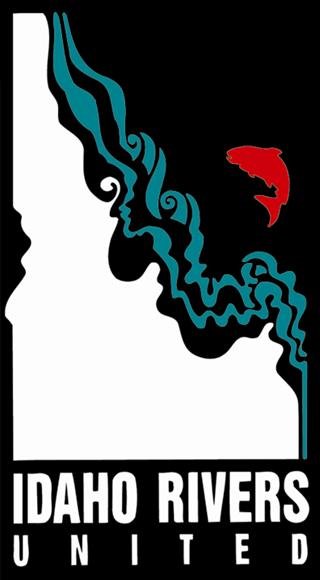IRU, Hydropower Reform Coalition Opposes EPA Rule Changes
IRU, Hydropower Reform Coalition Opposes EPA Rule Changes
Earlier this year, the Environmental Protection Agency (EPA) proposed drastic changes to the implementation of Section 401 of the Clean Water Act (CWA). Idaho Rivers United worked with our coalition partners to review and submit comments on the proposed rule changes.
While the EPA cannot change laws instituted by Congress, the agency can create ‘rules’ for implementing laws. Rules cannot change the law; only the manner in which they are implemented. After reviewing the proposed rule changes, IRU and the Hydropower Reform Coalition (HRC) found that aspects of the rule change are unlawful and would impede, rather than further, the objectives of the Clean Water Act.
Section 401 of the CWA mandates that any facility applying for a federal license must provide state certification that their activities abide by both CWA requirements and state-implemented water quality standards. Changes in the rule would have a detrimental impact on water quality standards by reduction of state’s rights to enforce and implement water quality standards, minimize what aspect of water quality states can certify, and negate their authority in the licensing process for federally managed facilities.
State water quality certification is foundational to the licensing process of non-federal hydropower facilities. Dams and reservoirs have both upstream and downstream impacts on river systems by altering temperature, erosion, flow, and sediment; leaking contaminants; and altering habitats and wildlife use. The CWA confers upon states the right to develop, monitor, and enforce water quality standards on facilities operating within their state, and ensures that federally licensed facilities are not excluded from state water quality oversight. States have maintained the freedom to protect their water quality according to their own standards, whether those regulations relate to fish and wildlife, environmental health, or recreation.
However, the proposed changes would have major impacts on a state’s oversight. Rather than reinforce state authority over water quality standards for these facilities, the changes create clear avenues for the EPA to minimize and largely avoid state oversight. According to the EPA, the rule change stems from the “Promoting Energy Infrastructure and Economic Growth” executive order, claiming that it will clarify and expedite the water quality certification process. It accomplishes this by reducing the scope and timeframe of what states can monitor, implement, and enforce as water quality standards in their state surrounding federally licensed facilities.
If put into effect, the changes would:
● Reduce what States can monitor
● Reduce State’s rights for oversight, which are granted by the CWA
● Create unreasonable deadlines for licensing facilities, which the EPA would gain control over
The HRC’s comments emphasized that the proposed rule would impede, rather than further, the Clean Water Act’s objectives. By narrowing how the rule applies to water quality and facility discharge, it revokes tremendous aspects of state authority; an authority that is delegated to the states by the Act and Congress.
Additionally, the proposed rule impairs states ability to manage water and hydrosystems, and aspects of the rule are likely unlawful. IRU and other partners in the HRC strongly oppose the proposed rule, as it rolls back the ability of states to protect and manage their waterways using scientifically sound practices, hinders the Clean Water Act, and fundamentally reverses progress in water quality protections.
If this proposed rule is finalized by the EPA, it would have tremendous impacts on States authority and management, to the detriment of our river systems. IRU will continue to monitor this process and will ensure that the EPA is held accountable for the protection and proper governance of our waterways.

